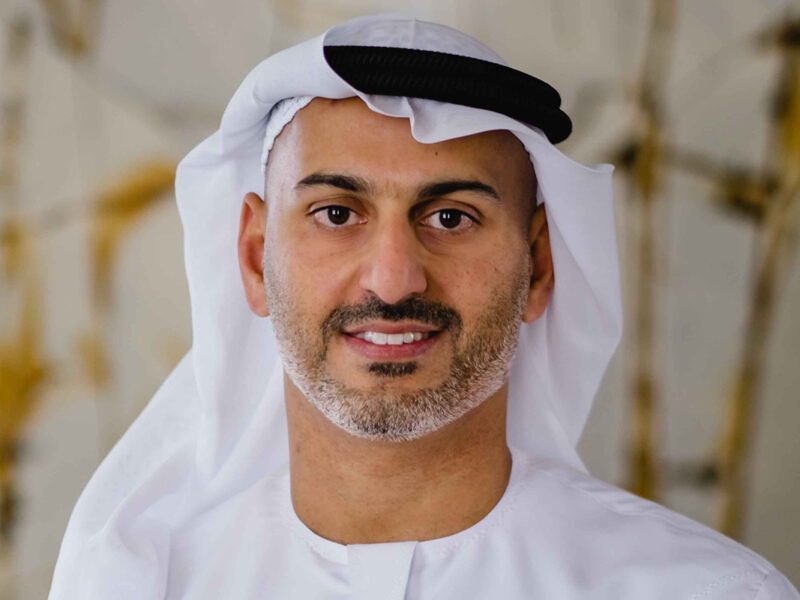The 22 Islamic banks in the Gulf have in excess of $300 billion of Sharia-compliant assets and are set for double-digit growth over the next ten years, leading global financial services firm Morgan Stanley has said.
The company predicted strong growth for the Islamic banking sector driven by a robust outlook for the region and an increasing share of system assets.
“A buoyant macro-economic backdrop, increased infrastructure spending and continued diversification from oil economies are driving the banking sector generally,” said Marwa A. Elsheikh, an analyst at Morgan Stanley, in the firm’s report ‘Middle East and North Africa Islamic Banks – Structural Growth Story’ on Tuesday.
Morgan Stanley also initiated coverage on Dubai Islamic Bank and Kuwait Finance House in a report that forecasts that Islamic assets in the GCC would grow to 18% of system assets by 2012 from its current 13%.
“In terms of factors behind the growth in Islamic finance, a greater focus on Islamic identity, government backing for the development and promotion of Islamic banking, low penetration and competition among conventional banks make Islamic banking more attractive and more favourable industry dynamics are all likely to fuel the growth,” said Elsheikh.
The report suggests that, while the outlook for the sector remains strong, there are a number of potential hurdles to growth.
Most Islamic banks lacked scale, the products were complex and there was no single global regulatory body.
“Further, there are operational limitations, such as not being allowed to hedge, and there is often less transparency and financial disclosure than conventional banks,” Elsheikh added.
“However, despite these potential setbacks, the underlying growth drivers will more than offset these structural impediments,” said Elsheikh.






